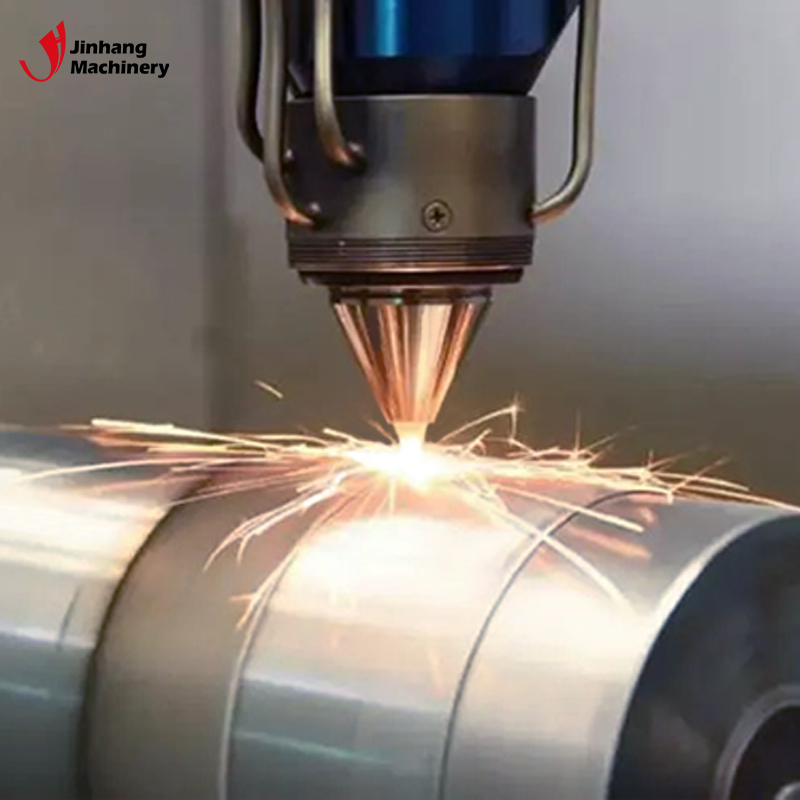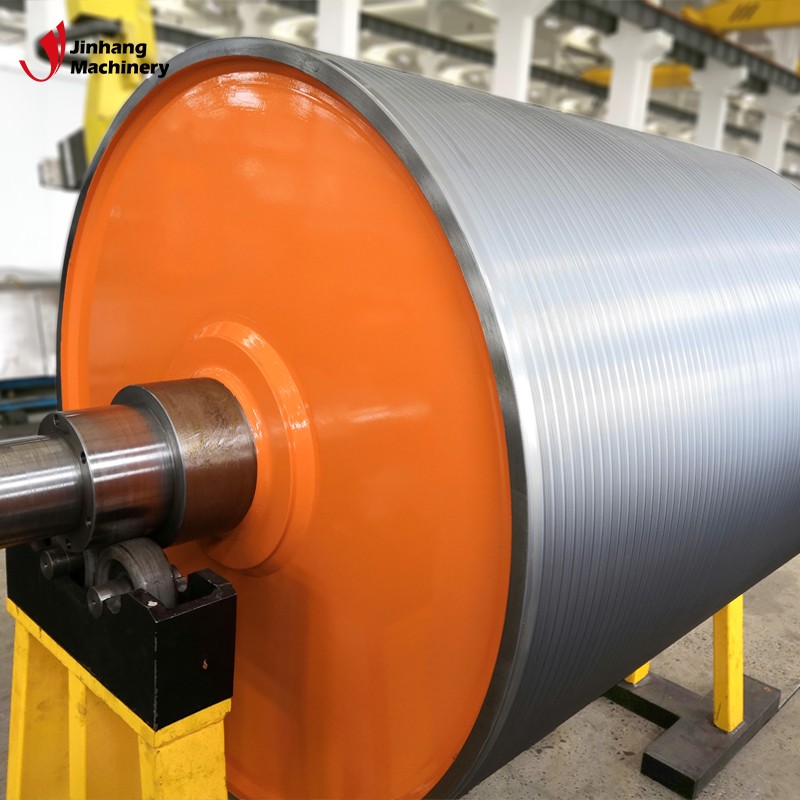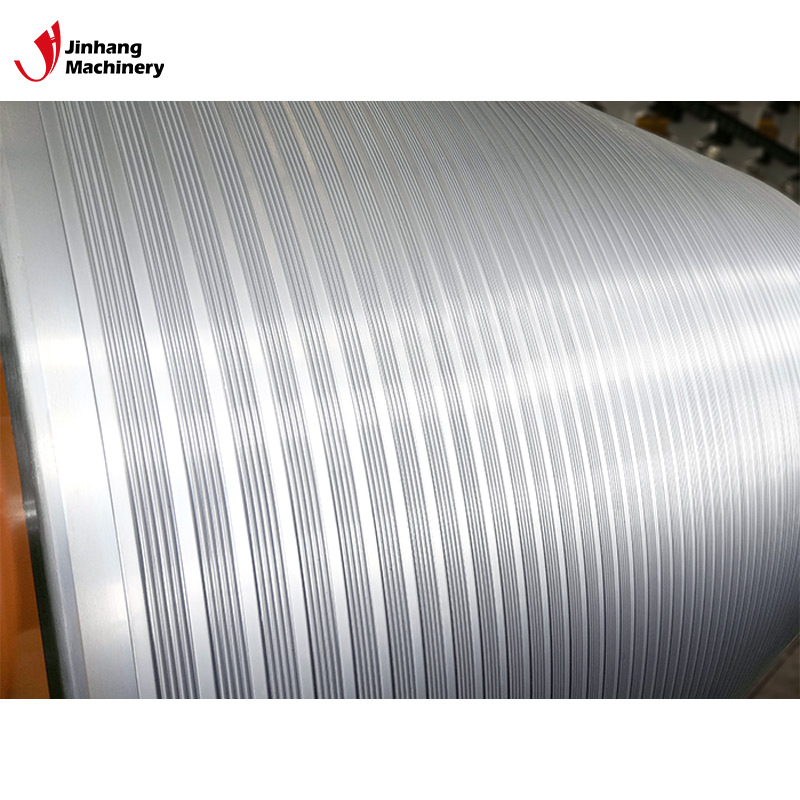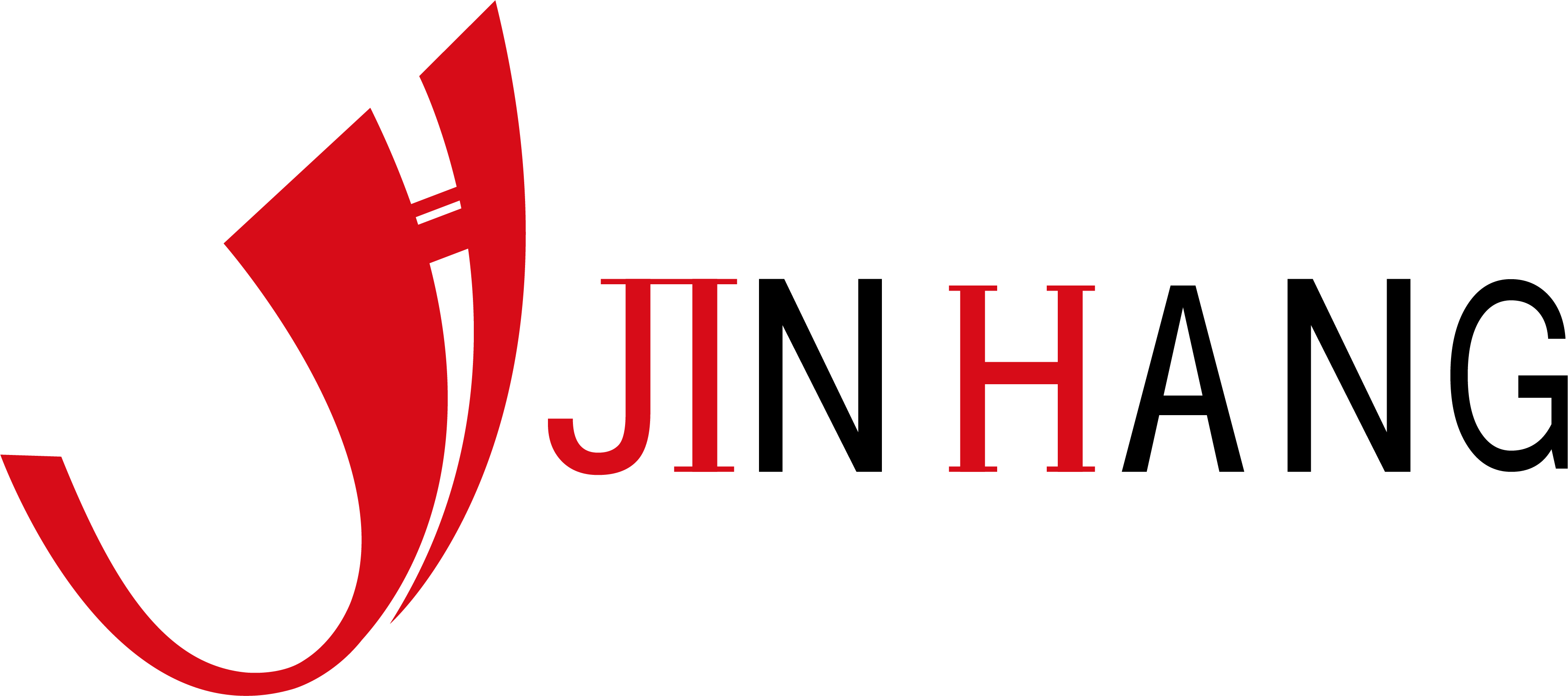Why do some industrial rollers need chrome plating?
In modern industrial production, the performance and quality of industrial rollers directly affect production efficiency and the final quality of products. In the manufacturing process of various rollers, chrome plating technology is widely used to improve the durability and functionality of rollers due to its unique advantages.
This article will explore why industrial rollers need chrome plating, analyze the role and advantages of chrome plating, and its importance in industrial applications.

What are industrial rollers?
Industrial rollers refer to cylindrical mechanical parts used for transmission, support or guidance during manufacturing and processing. They are commonly used in many industries such as printing, papermaking, textiles, plastic processing, steel, packaging, etc. These rollers are often subjected to high-intensity pressure, friction and chemical corrosion during use, which places extremely high demands on their surface properties.
What is chrome plating?
Chrome plating refers to the process of depositing a layer of chromium metal on the surface of the roller through an electroplating process. Chrome is a very hard and chemically inert metal, and the chrome plating not only significantly increases the hardness of the roller, but also provides good wear resistance, corrosion resistance and surface finish. The reason why industrial rollers are chrome-plated is that these properties can greatly extend the service life of the rollers, improve production efficiency and reduce enterprise operating costs.
What is the main function of chrome plating?
Improve wear resistance
Industrial rollers are subject to a lot of friction during daily operation, and the roller surface is prone to wear, especially under high-speed or long-term operation conditions. The chrome plating layer can significantly improve the wear resistance of the roller due to its excellent hardness (usually between 800-1200 HV). This means that the rollers maintain their surface quality and functionality after long-term use, reducing the need for frequent replacement and maintenance, thereby reducing production downtime and maintenance costs.
Enhanced corrosion resistance
In the chemical, papermaking, printing and other industries, rollers are often exposed to corrosive environments such as acid and alkali solutions, grease, ink, etc. The chemical inertness of chromium metal makes it extremely corrosion resistant. The chrome plating layer can form a protective barrier on the roller surface, effectively preventing the roller from being corroded by corrosive media and extending the service life of the roller. This is especially important for rollers that are exposed to wet or chemical environments.
Provides high surface finish
In many industrial applications, the surface finish of the roller has a direct impact on the quality of the final product. For example, in the printing industry, the flatness and smoothness of the roller surface determines the pattern clarity and color consistency of the printed product. The smoothness and low friction coefficient of the chrome plating layer can ensure that the surface of the roller is flat and has no bumps, so that the processed products can reach higher quality standards.
Improve the aesthetics and added value of the roller
In addition to its functional advantages, the chrome-plated roller also has excellent appearance. The chrome plating usually has a bright silver sheen, making the roller not only durable but also aesthetically pleasing. This kind of aesthetics can add points to the corporate image in some occasions where display or customer visit is required. In addition, chrome plating can add added value to the roller, making it more competitive in the market.

What are the industrial application scenarios of chrome plating?
Printing Industry
The printing industry is one of the typical application areas of chrome-plated rollers. During the printing process, the surface finish and hardness of the roller have a crucial impact on the quality of the printed product. The chrome-plated roller can not only ensure the uniform distribution of ink, but also prevent the corrosion of the roller by the ink, extend the service life of the roller, and reduce the poor printing caused by roller wear.
Paper Industry
In the papermaking process, chrome-plated rollers are used in the calendering, coating and finishing steps of paper. The smoothness of the roller surface determines the flatness and glossiness of the paper surface, which directly affects the quality of the final paper product. The wear resistance and corrosion resistance of the chrome plating enable the roller to work stably for a long time without being scratched or rusted, thus ensuring the consistency of paper quality.
Plastic processing industry
During the production of plastic film, chrome rollers are used to control the thickness and finish of the film. The high finish of the chrome-plated layer can effectively prevent uneven stretching or inconsistent thickness of the film during processing, ensuring the uniformity and appearance quality of the final product. In addition, the chrome plating prevents plastic residue from adhering to the rollers, reducing the frequency of cleaning and maintenance.
Steel processing industry
In the field of steel processing, chrome-plated rollers are used in hot rolling and cold rolling processes to help with the forming and surface treatment of metal sheets. The high hardness and wear resistance of the chrome plating layer can maintain the shape and surface quality of the roller under high temperature and high pressure environment, preventing defects on the plate surface caused by wear of the roller. At the same time, the corrosion resistance of the chrome plating layer can effectively resist the erosion of chemical substances in the pickling process.
Textile Industry
In the textile industry, chrome-plated rollers are used in finishing and coating processes for textiles. The smoothness and abrasion resistance of the roller are crucial to the uniformity and feel of the textile. The chrome plating can reduce the friction on the roller surface, avoid unnecessary damage to textiles and extend the service life of the roller.
What are the technical standards and requirements for chrome plating process?
In order to ensure the performance of chrome-plated rollers, the industry has formulated a series of technical standards and requirements. These standards cover aspects such as the thickness, hardness, adhesion, uniformity and surface finish of the chrome plating layer.
Chrome plating thickness
The thickness of the chrome plating layer directly determines its wear resistance and corrosion resistance. Depending on the application scenario, the thickness of the chrome plating layer is usually between 20-100 microns. For high-precision processes, a thinner chrome plating layer can ensure the surface accuracy of the roller, while in working conditions that require high wear resistance, a thicker chrome plating layer is more suitable.
Chrome plating hardness
The hardness of the chrome plating is usually between 800-1200 HV. This hardness range is sufficient to cope with the most high-wear process requirements, such as printing, papermaking and steel processing.
Adhesion and uniformity of chrome plating
The chrome plating must have good adhesion to ensure that it does not peel or delaminate during long-term use. Adhesion testing is usually performed by cross-cut testing or peel testing. In addition, the uniformity of the chrome plating layer is also crucial. The current density and solution ratio must be strictly controlled during the electroplating process to ensure that the thickness of the chrome plating layer on the roller surface is consistent.
Surface finish
The surface finish of chrome-plated rollers is usually required to reach Ra0.1-0.2μm to ensure good friction characteristics and surface quality in applications. This is especially important for high-precision processes such as printing and papermaking.

Jiangsu Jinhang Machinery Manufacturing Co., Ltd. (JH Machinery) is a leader in industrial roll manufacturing, offering reliable and customized solutions since 2001. Our ISO9001-certified facility, spanning 13,000 square meters, is equipped with cutting-edge technology, enabling us to produce high-precision rolls such as rubber rolls, ceramic-coated rolls, and cooling rolls. Our products are widely used in industries like mining, metallurgy, and automotive. We offer competitive prices, bulk discounts, and exceptional after-sales service. Request your quote today and partner with a trusted Chinese supplier.
